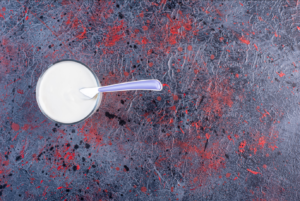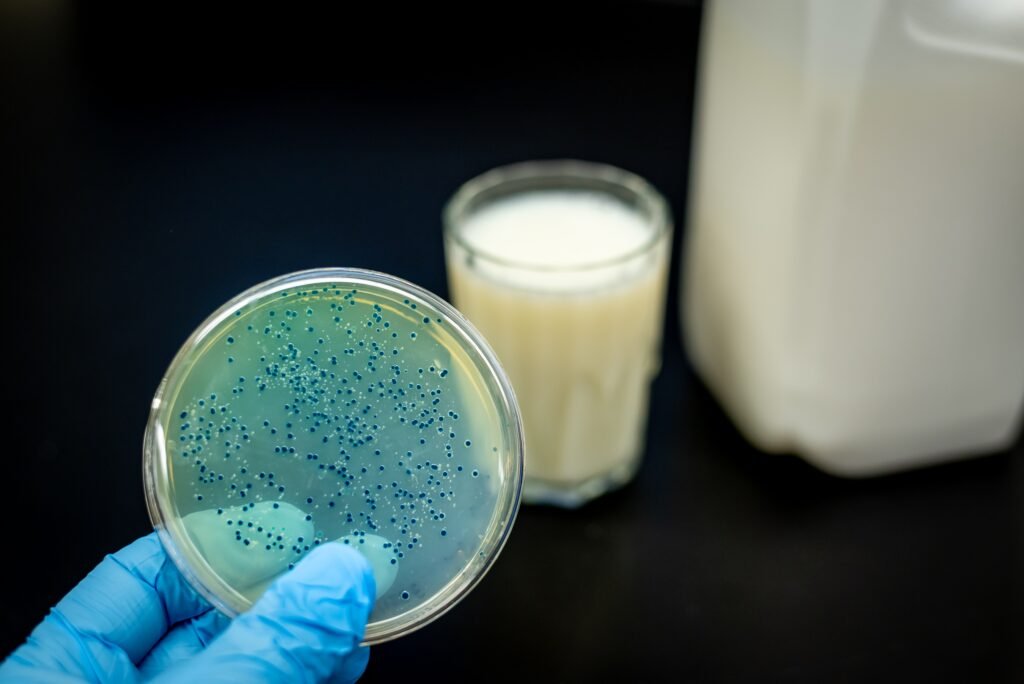A common addition to the diets of athletes, fitness enthusiasts, and even people who just want to increase their daily protein intake, protein powders provide an easy way to meet nutrient requirements, but there have been growing concerns about their toxicity, as many commercial operations protein powders contain harmful additives, heavy metals, and hidden toxins that could eventually pose health risks.
In this blog, we’ll explore the toxicity in protein powders, what contaminants you should watch out for, and how to choose a safer, healthier option for your fitness journey.
Understanding Toxicity in Protein Powders
Many people assume that protein powders are inherently healthy, but the truth is that not all protein powders are created equal. The toxicity in protein powders arises from various factors, including poor manufacturing practices, contamination during production, and the presence of artificial additives.
Some of the most common toxins found in protein powders include:
- Heavy metals like lead, arsenic, cadmium, and mercury
- Pesticide residues from plant-based protein sources
- Artificial sweeteners and preservatives
- Hormones and antibiotics in dairy-based protein powders
Understanding how these toxins get into protein powders is essential for making informed choices about your health.
1. Heavy Metals: The Hidden Danger
One of the most alarming sources of toxicity in protein powders is heavy metal contamination. Numerous well-known protein powder products have measurable amounts of lead, arsenic, cadmium, and mercury, according to a Clean Label Project investigation. These metals can accumulate in the body over time, leading to serious health issues.
Why Are Heavy Metals Present?
- Plant-based proteins absorb metals from soil: Heavy metals from polluted soil can be absorbed by a variety of vegan protein powders, including those manufactured from hemp, peas, and rice.
- Processing methods contribute to contamination: Additional toxins may be introduced by the extraction and processing methods used for protein.
- Lack of industry regulation: Because the supplement sector is not as tightly controlled as the pharmaceutical industry, toxins can remain undetected.
- .
Health Risks of Heavy Metals
Chronic exposure to heavy metals in protein powders can lead to:
- Kidney damage
- Nervous system disorders
- Weakened immune function
- Developmental issues (especially in children and pregnant women)
Avoiding heavy metal contamination is crucial when selecting a protein powder.
2. Artificial Sweeteners and Preservatives
Another factor contributing to toxicity in protein powders is the excessive use of artificial sweeteners, preservatives, and fillers. Though they may have negative health consequences, many companies use these additives to enhance flavor, texture, and shelf life.
Common Artificial Additives to Avoid
- Sucralose & Aspartame: Linked to gut health issues and potential metabolic disorders.
- Acesulfame K: May disrupt insulin sensitivity and lead to weight gain.
- Carrageenan: A thickening agent that can cause digestive issues and inflammation.
Health Risks of Artificial Ingredients
- Increased risk of metabolic disorders
- Digestive discomfort and bloating
- Possible long-term effects on brain function
Selecting a source of protein powder with natural sweeteners like monk fruit or stevia and few other components is a healthier option.
3. Pesticide Residues in Plant-Based Proteins
For those opting for plant-based protein powders, pesticide contamination is another serious concern when discussing toxicity in protein powders.
How Do Pesticides End Up in Protein Powders?
- Non-organic crops used for protein extraction are often sprayed with pesticides.
- Some plants, like soy and rice, are grown in areas with high pesticide use.
- Contaminated processing equipment can transfer pesticide residues.
Health Risks of Pesticides in Protein Powders
- Hormonal imbalances
- Increased risk of certain cancers
- Allergic reactions and respiratory issues
Opting for organic, non-GMO protein powders can help minimize pesticide exposure and reduce health risks.
4. Hormones and Antibiotics in Dairy-Based Proteins

Milk-based protein powders like whey and casein may include antibiotics as well as hormones used in traditional dairy production. This is an additional type of protein powder toxicity that many customers are unaware of.
Why Are Hormones and Antibiotics Present?
- Cows raised in factory farms are often given growth hormones to increase milk production.
- Antibiotics are used to prevent disease in crowded dairy farms.
- These substances can pass into dairy products, including whey and casein protein powders.
Health Risks of Hormones and Antibiotics
- Increased risk of antibiotic resistance
- Hormonal imbalances
- Potential links to cancer and reproductive issues
To avoid this type of toxicity in protein powders, choose grass-fed, hormone-free whey protein or opt for high-quality plant-based alternatives.
How to Choose a Safe Protein Powder
Now that we’ve explored the various forms of toxicity in protein powders, here are some steps you can take to choose a safer option:
- Check for Third-Party Testing – Look for brands that undergo independent testing for heavy metals and contaminants.
- Opt for Organic and Non-GMO – Choose protein powders made from organically grown plants to avoid pesticide exposure.
- Select Clean Ingredients – Avoid artificial sweeteners, preservatives, and unnecessary additives.
- Pick Trusted Brands – Look into companies that put quality and transparency first.
- Go for Grass-Fed or Plant-Based Proteins – Dairy products that include these substances include whey and casein protein powders.
By being mindful of these factors, you can significantly reduce toxicity in protein powders and make healthier choices for your body.
Conclusion
When choosing protein powders, it’s crucial to ensure that you’re selecting clean, safe supplements free from harmful toxins like heavy metals, artificial additives, and chemicals. If you’re concerned about the quality of your protein powder, contact Kairos Health and Wellness today for expert guidance on selecting third-party tested, high-quality supplements that prioritize your health.
Taking the right steps now can protect your long-term well-being. Start making informed decisions about your supplements today, and embrace a healthier, more confident version of yourself, free from hidden danger


